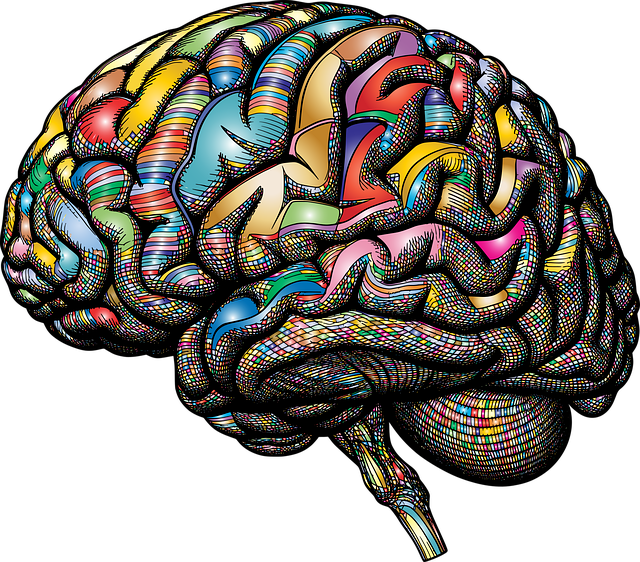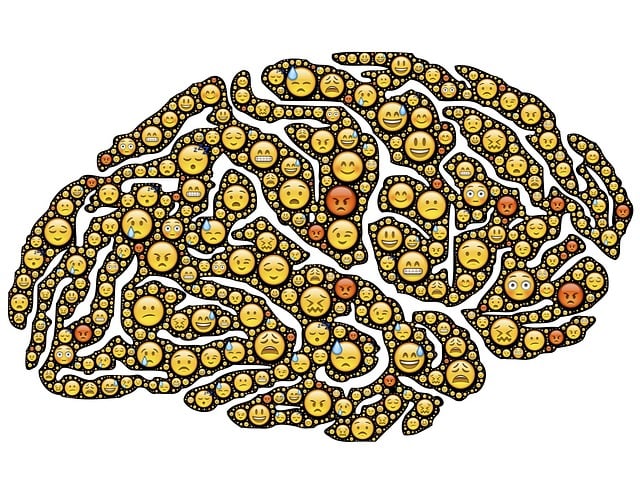In mental health, especially for treating postpartum depression (PPD), cultural sensitivity is crucial. Therapists should respect individual cultural backgrounds, experiences, and beliefs to create safe spaces, improve access to care, and address social determinants of health disparities. Incorporating cultural competency enhances therapeutic outcomes by fostering trust, engagement, and communication, as well as encouraging adherence to treatment plans. This approach also enables tailored community outreach and support networks, ultimately improving PPD outcomes and addressing broader mental health concerns.
Cultural sensitivity is paramount in modern mental healthcare, especially in treating conditions like postpartum depression. This article delves into the complexities of cultural diversity within mental health care and its profound impact on therapy outcomes. We explore specific strategies for culturally competent practice focused on postpartum depression treatment, while navigating challenges to promote equitable access to care. Understanding these dynamics is crucial for professionals aiming to provide effective, sensitive support in a diverse society.
- Understanding Cultural Diversity in Mental Health Care
- The Impact of Cultural Sensitivity on Therapy Outcomes
- Strategies for Culturally Competent Practice in Postpartum Depression Treatment
- Navigating Challenges and Promoting Equitable Access to Care
Understanding Cultural Diversity in Mental Health Care

In the realm of mental healthcare, understanding cultural diversity is paramount to delivering effective therapy for postpartum depression (PPD) and other conditions. Every individual brings their unique cultural background, experiences, and beliefs into the therapeutic space, which significantly influences their approach to seeking help and responding to treatment. Recognizing and respecting these differences fosters a safe and supportive environment, enhancing the overall efficacy of therapy.
Cultural sensitivity involves professionals cultivating compassion cultivation practices, building on inner strength development, and demonstrating a genuine desire to understand clients’ perspectives. This is crucial in addressing PPD, which disproportionately affects certain cultural groups due to social determinants of health, stigma, and lack of culturally tailored support. By incorporating the client’s cultural context into therapy, mental healthcare providers can improve access to care, boost confidence in seeking treatment, and ultimately promote better outcomes for all individuals seeking help.
The Impact of Cultural Sensitivity on Therapy Outcomes

Cultural sensitivity plays a pivotal role in shaping the outcomes of therapy for postpartum depression (PPD). When mental healthcare providers are attuned to the unique cultural context and experiences of their patients, it fosters trust, engagement, and effective communication. This is particularly crucial for PPD, as cultural beliefs around motherhood, family dynamics, and gender roles can significantly influence a woman’s mental health journey. For instance, a patient from a community with strict gender norms might be more comfortable discussing her symptoms in a supportive group setting rather than individual therapy, or she may require tailored interventions that consider traditional healing practices.
By incorporating cultural sensitivity into practice, therapists enhance their ability to provide culturally competent care. This involves not only understanding but also respecting and valuing diverse cultural perspectives on health and wellness. As a result, patients are more likely to perceive their therapy as relevant and beneficial, leading to improved engagement and adherence to treatment plans. Moreover, this approach can facilitate the implementation of community outreach programs focused on mental wellness, social skills training, and support networks tailored to specific cultural needs—all contributing to better therapeutic outcomes for PPD and broader mental health concerns.
Strategies for Culturally Competent Practice in Postpartum Depression Treatment

Cultural sensitivity is paramount in mental healthcare, especially when addressing issues like postpartum depression (PPD). For therapists providing therapy for PPD, it’s crucial to adopt strategies that foster culturally competent practice. This involves understanding and respecting clients’ cultural backgrounds, beliefs, and values, which can significantly impact their experiences of and responses to depression. One effective approach is incorporating empathy building strategies, such as active listening and validating client emotions, to create a safe space where they feel understood and accepted.
Additionally, stress reduction methods tailored to the individual’s cultural context can be beneficial. This may include mindfulness practices that align with their heritage or community-based support systems. Beyond therapy sessions, mental health policy analysis and advocacy play a role in ensuring culturally sensitive care is accessible. By addressing systemic barriers and advocating for policies that promote diversity and inclusion, therapists contribute to a broader environment where all individuals can receive appropriate and effective treatment for PPD.
Navigating Challenges and Promoting Equitable Access to Care

Mental healthcare professionals must be adept at navigating cultural challenges to offer equitable care to all clients. This is especially crucial when addressing issues like postpartum depression (PPD), which disproportionately affects diverse populations. Cultural sensitivity involves understanding and respecting a client’s background, beliefs, and values, ensuring their experiences are validated and incorporated into treatment plans.
By promoting cultural competency, therapists can foster an environment that encourages open communication and builds resilience. This approach not only enhances the effectiveness of therapy but also supports clients in developing self-care routines tailored to their unique needs. Moreover, it contributes to improving emotional intelligence, enabling individuals to cope with challenges like PPD and navigate life transitions with greater ease.
Cultural sensitivity is a cornerstone of effective mental healthcare, especially in addressing issues like postpartum depression. By understanding cultural diversity and implementing culturally competent strategies, therapists can significantly improve therapy outcomes. Recognizing the impact of cultural factors on treatment enables professionals to provide tailored care, ensuring equitable access for all individuals, regardless of their background. This approach not only navigates challenges but also fosters a more inclusive and accessible mental health landscape, particularly in treating postpartum depression, where cultural sensitivity can be a game-changer.














